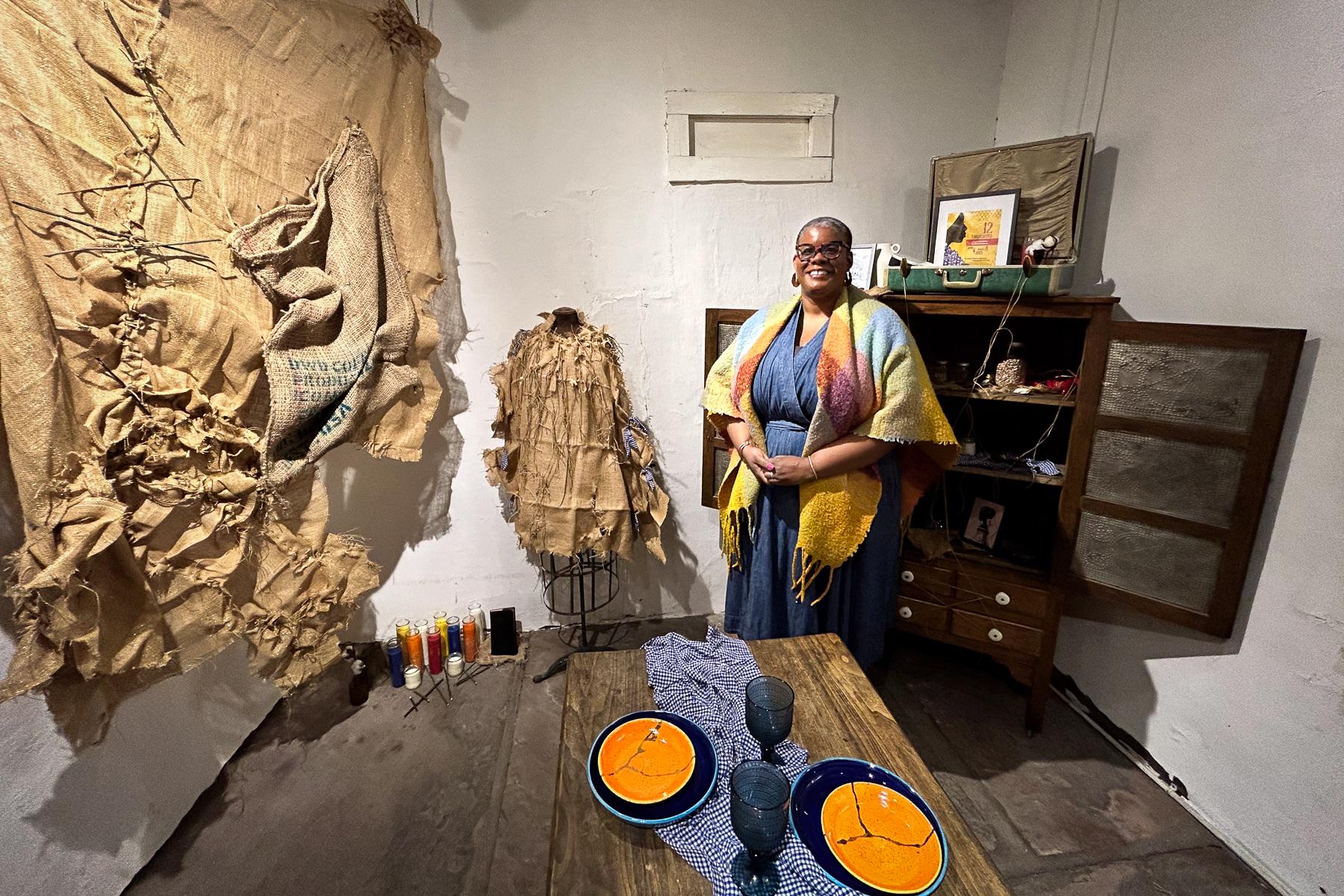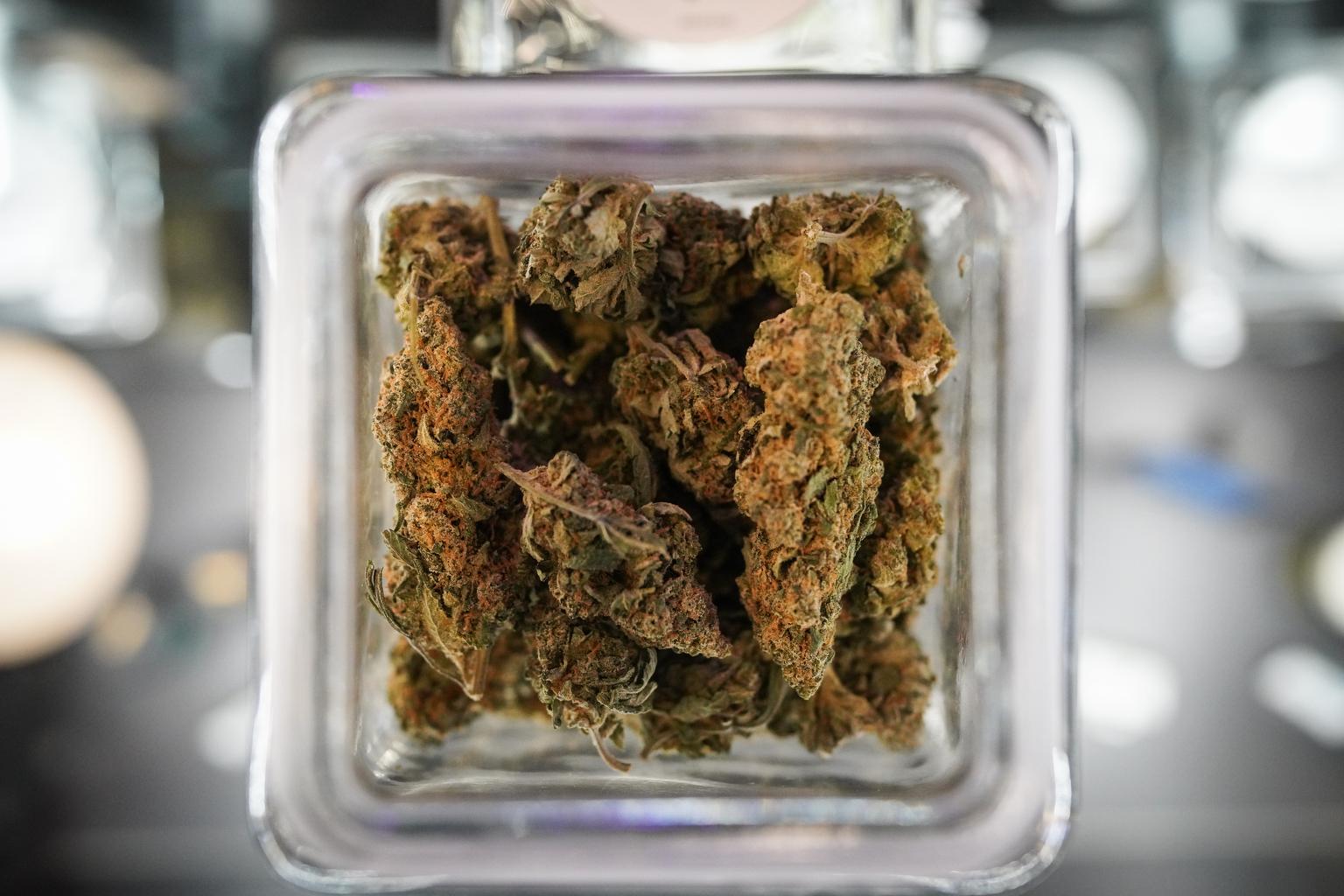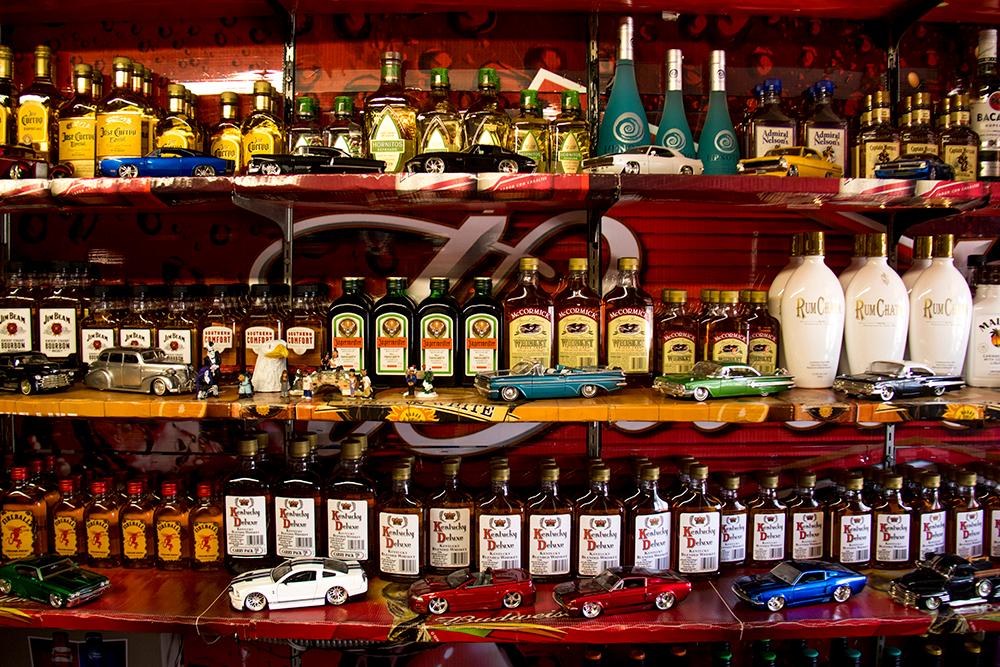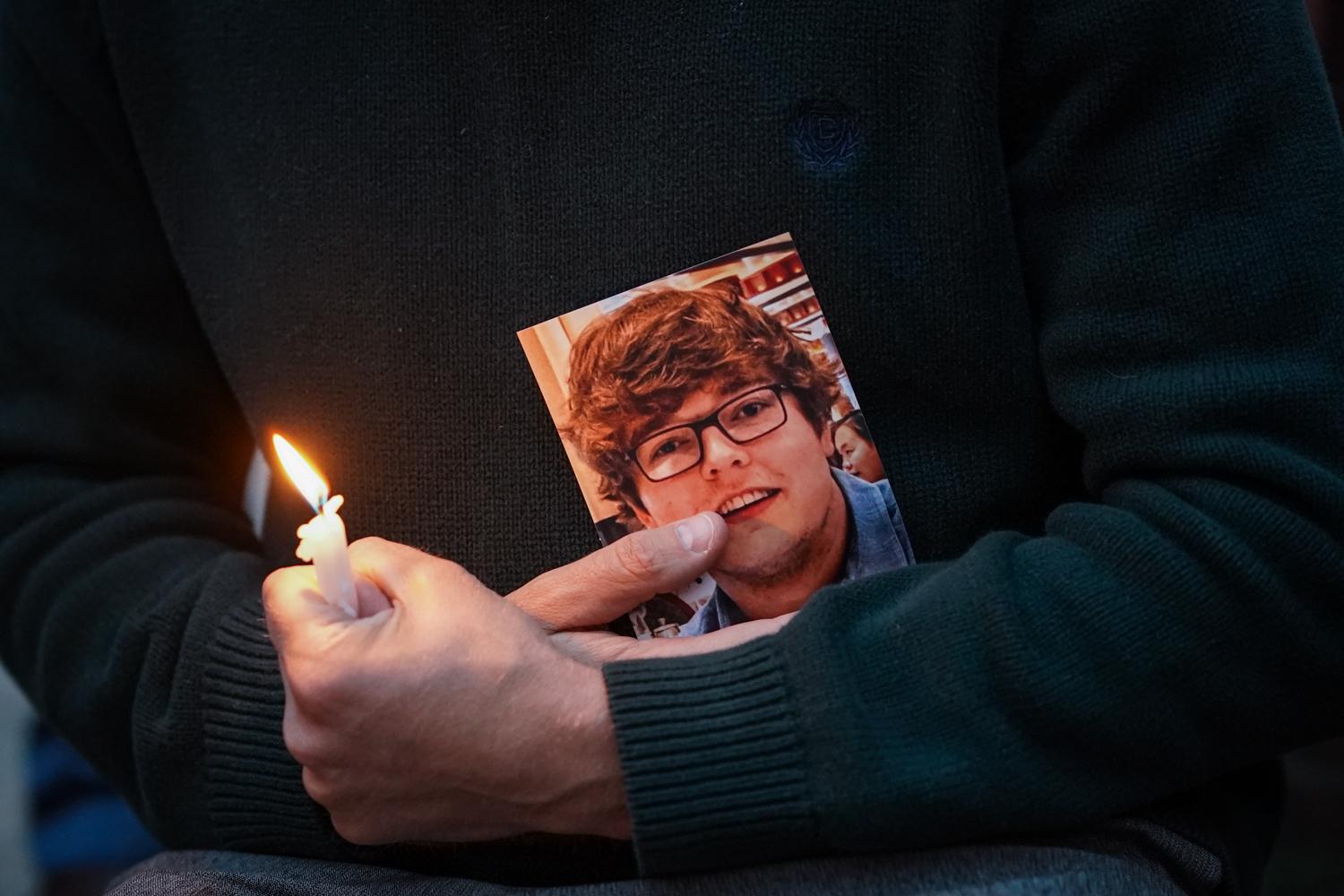
Editor's note: This story contains descriptions of a police shooting.
The family of Christian Glass will receive $19 million — the largest known law enforcement settlement in state history — after a Clear Creek County sheriff’s deputy shot and killed the 22-year-old Boulder man in the front seat of his stranded car last summer.
Along with the money, a portion of which will go to the attorneys, agencies have pledged a number of police reform and mental health training initiatives. Clear Creek County will dedicate a public park in Glass’s name, and on Wednesday, Gov. Jared Polis will display Glass’s artwork in state government buildings and hold a ceremony commemorating Glass.
“This settlement agreement sends a message to law enforcement across the nation that communities will no longer tolerate this type of policing,” said Siddhartha Rathod, the Glass family attorney of Rathod Mohamedbhai, LLC.
The $19 million will be paid by three different law enforcement agencies and the state reflecting the large number of officers on scene the night Glass was killed: $10 million will come from Clear Creek, whose former deputy Andrew Buen, shot and killed Glass; $5 million from Georgetown, whose police marshal was on the scene that night; $3 million from the state, who had officers on the scene from Colorado State Patrol and the Division of Gaming; and $1 million from Idaho Springs.
It is the largest known single payout for police violence in the state’s history. In 2021, the family of Elijah McClain received $15 million for his 2019 death after he was forcibly arrested and given ketamine. Last year, a jury awarded 12 protesters who were injured by police officers during George Floyd demonstrations in downtown Denver $14 million collectively.
The Glass settlement agreement is also among the largest known single settlement payouts nationally. George Floyd’s family settled a lawsuit in 2021 in Minnesota for $27 million.
The settlement has conditions for police training
In addition to the money, the Glass family negotiated a number of non-monetary terms in seeking justice for their son, attorneys said. Those include:
- Clear Creek County will dedicate a public park to Christian Glass, which will be selected in consultation with his parents, Simon and Sally Glass.
- Clear Creek County has agreed to establish a dedicated crisis response team by 2025. They also have agreed to train and certify all patrol officers in crisis intervention. Glass’s parents will speak to new patrol recruits in the Clear Creek County Sheriff’s Office to share their son’s story.
- The state agreed to develop a virtual reality training program reflecting Glass’s death with a focus on de-escalation in high-stress situations. That virtual reality program will be named after Glass. In addition, another state agency will open their bystander training with a video presentation of Simon and Sally Glass explaining the importance of officers’ duty to intervene when they see wrongdoing.
“Christian should be alive today,” his lawyers said in a statement released Tuesday. “Such injustice will not be tolerated, and those responsible will be held accountable — including those officers who stood by and failed to intervene to protect Christian.”
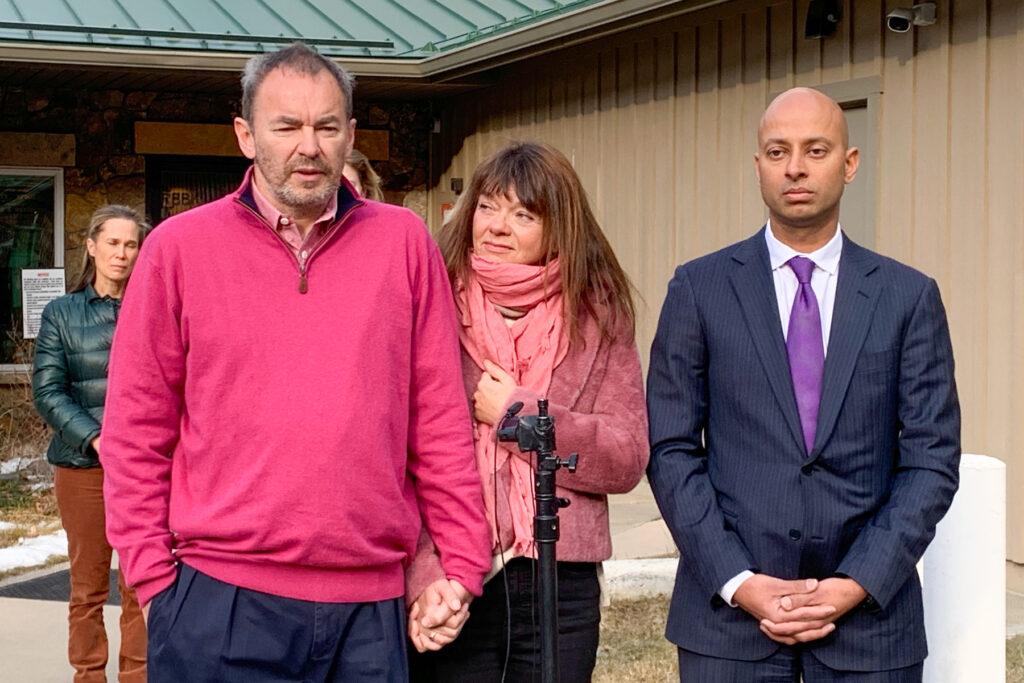
Throughout media interviews this and last year, Glass’s parents have pushed for reform to come out of their son’s untimely death. They say Christian Glass always had a tremendous sense of fighting against bullying — even as a young person.
“What he absolutely hated was bullying and being pushed around,” said Sally Glass, in an earlier interview. “If he saw someone being pushed off a slide, if he saw someone getting punched, anything of that nature that’s just wrong, he would pull kids up and say don’t hurt anyone.”
His father, Simon, agreed.
“On the positive side, there's an opportunity here to change something,” he said. “This is an example of why we need to make some changes. You know, in Christian's memory, I hope this can be a catalyst for people to see this, to shine a light into what's going on.”
A rare set of apologies
In a rare set of self-rebukes, the law enforcement agencies with officers on the scene all said in public statements they initially misled the public in what happened to Glass.
“The city and Idaho Springs Police Chief Nate Buseck acknowledge that the lack of judgment, poor tactics, and lack of clear command structure resulted in the unnecessary death of Christian Glass,” a statement said. “I have three teenagers and one young adult child. I cannot imagine the agony and pain the Glass family is experiencing in losing Christian. We, in law enforcement, need to do a much, much better job.”
Clear Creek County Sheriff Rick Albers issued an extraordinary statement apologizing to the Glass family and admitting the initial reports that came out of his office about what happened were untrue.
“The Clear Creek County Sheriff extends his deepest apologies to the family of Christian Glass. The sheriff acknowledges that his officers failed to meet expectations in their response to Christian Glass when he called for assistance,” a statement said. “The events that transpired the night of June 10-11, 2022, that ended in Christian’s death, continue to be disturbing. The initial press release did not give an accurate description of what occurred.”
Albers went on to note the use of lethal force was not “consistent with that of a reasonable officer.”
The Georgetown Police Department also confirmed the initial reports about what happened were inaccurate.
“Georgetown did not play any role in crafting that statement. Once inaccuracies were realized, all involved agencies should have immediately corrected the information,” the statement said.
The agency also noted their officers have been attending courses in intensive crisis intervention responses.
A call to 911, then a confrontation
On June 11, 2022, deputies responded to Glass’s 911 call for help after his car got stuck on some rocks near Silver Plume. In the interaction he had with a dispatcher, Glass sounded frightened and somewhat paranoid.
“I’ll never make this mistake again. I risked my life tonight by doing this,” he told the operator. “I’m trapped and if I got out of the car, I might be in danger.”
“OK,” the dispatcher said.
Glass had just returned from a geology trip to Utah and had two knives and some rock hammers in the car. He told the operator that he would be happy to throw them out the window when officers arrived. But when deputies Andrew Buen and Tim Collins arrived they told him not to disarm himself.
“You already said you had weapons in the car, do not throw them out, do not touch them, do not reach for them, I want you out of the vehicle now!” Buen said. “Step out.”
But Glass remained inside his car. He put his hands up, took the keys out of the ignition and put them on the dashboard.
“Please push me out, drag me out, I’ll follow you to the police station,” Glass said. “I’m so scared.”
Throughout the confrontation, Glass remained in the car with the windows rolled up. He can be seen making a heart-shape with his hands at the officers.
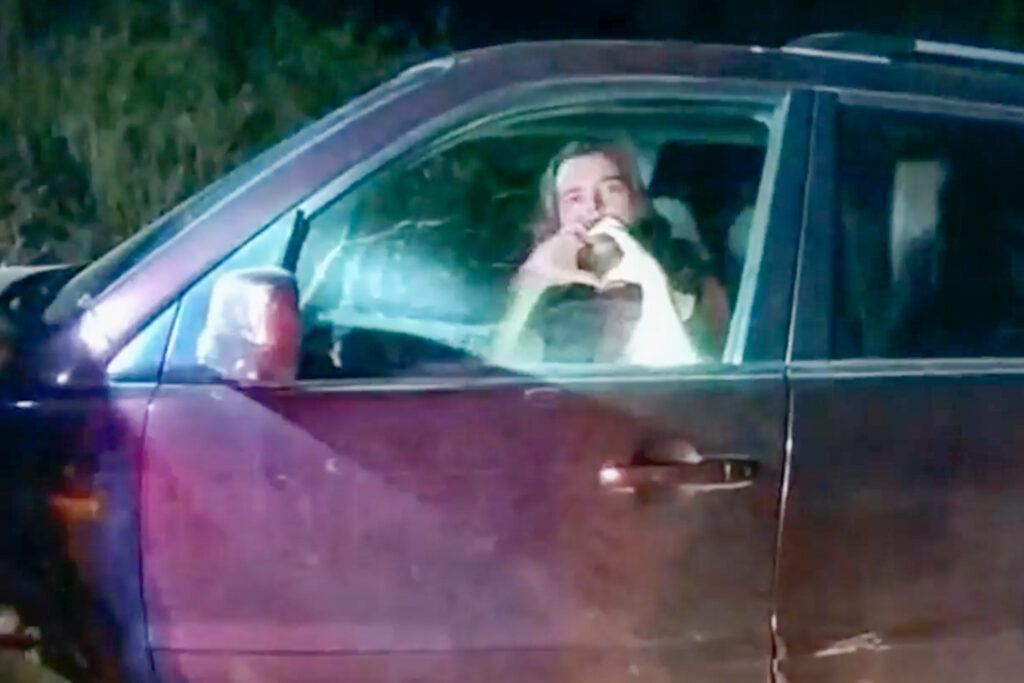
“You have my name and phone number, right?” he asked them.
Deputies threatened to break Glass’s car window and more officers arrived on the scene. At one point, officers from Clear Creek, Idaho Springs, Georgetown Police, Colorado State Patrol and the Colorado Division of Gaming were on the scene.
“Come talk to us,” a female officer asked him. Glass put his hands into a heart sign in the car and then blew kisses at her. “Same back at you, but come out and talk to us,” she said.
Eventually officers broke Glass’s car window.
“We’re poppin’,” a deputy said in the body-worn camera footage released by Glass’s attorneys.
Glass picked up one of his knives.
“He’s got a knife in his hand!” another officer said. “Watch crossfire, watch crossfire.”
Officers stepped back and drew their guns. Glass kept his grip on the small knife.
“You need to drop that knife!” officers shouted.
Glass’s head darted from left to right as officers got closer to him and began shooting bean bags in the car.
“Impact, impact, impact,” officers yelled, as the bean bags were fired, appearing to break more car windows. Glass grew more agitated and moved his eyes and head back and forth. He began screaming.
Officers continue to scream at him to drop his knife.
“You can save yourself!” he yelled, his last words. “You can still save yourself! Lord hear me. Lord hear me.”
Buen then fired several rounds and killed Glass.
Officers indicted
In the hours and days after the shooting, Clear Creek County Sheriff’s deputies said a man with a knife had threatened to stab deputies, which justified the shooting. For months, both officers were back at work and the case received almost no attention.
The Glass family hired lawyers and those lawyers released body camera footage of Glass’s death to reporters last September, which sparked international outrage and put pressure on Clear Creek County officials to do something.
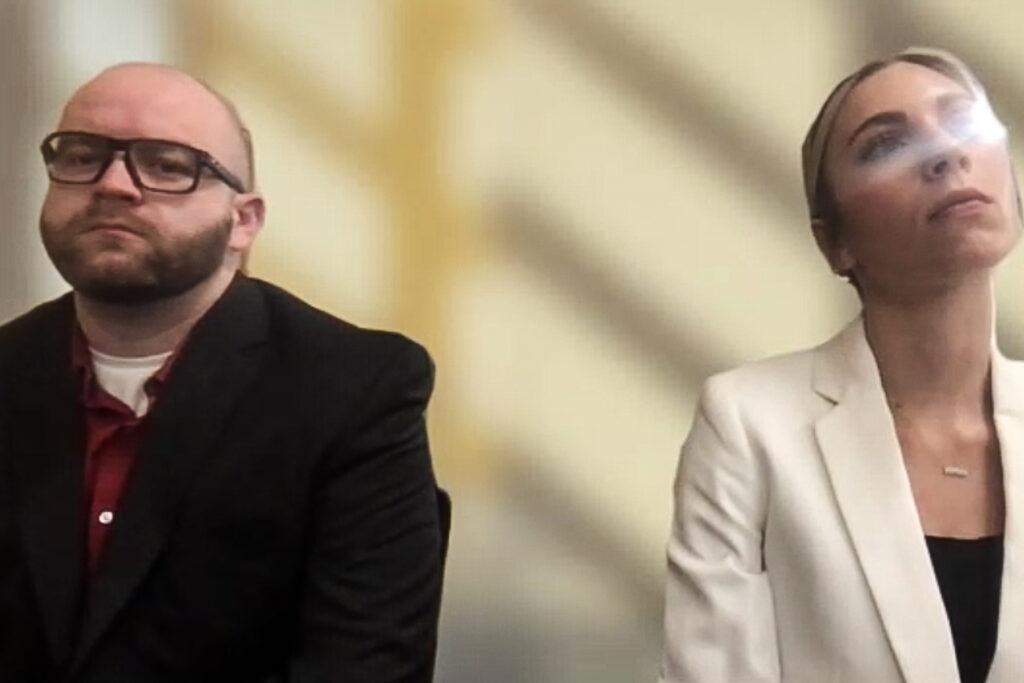
Clear Creek County District Attorney Heidi McCollum brought the case to a county grand jury, which delivered an indictment last November against Buen, the deputy who shot and killed Glass and his direct supervisor, Sgt. Kyle Gould.
That indictment said that Glass didn’t put anyone in danger — not the law enforcement officers on scene and not the general public.
Buen faces second-degree murder and reckless endangerment charges in Glass’s death. Gould faces criminally negligent homicide and reckless endangerment charges.
Both were fired from Clear Creek County. Their trials could be held as soon as later this year.
In every court appearance, Glass’s family and friends show up in the small courtroom in Georgetown wearing pink, Christian’s favorite color.



